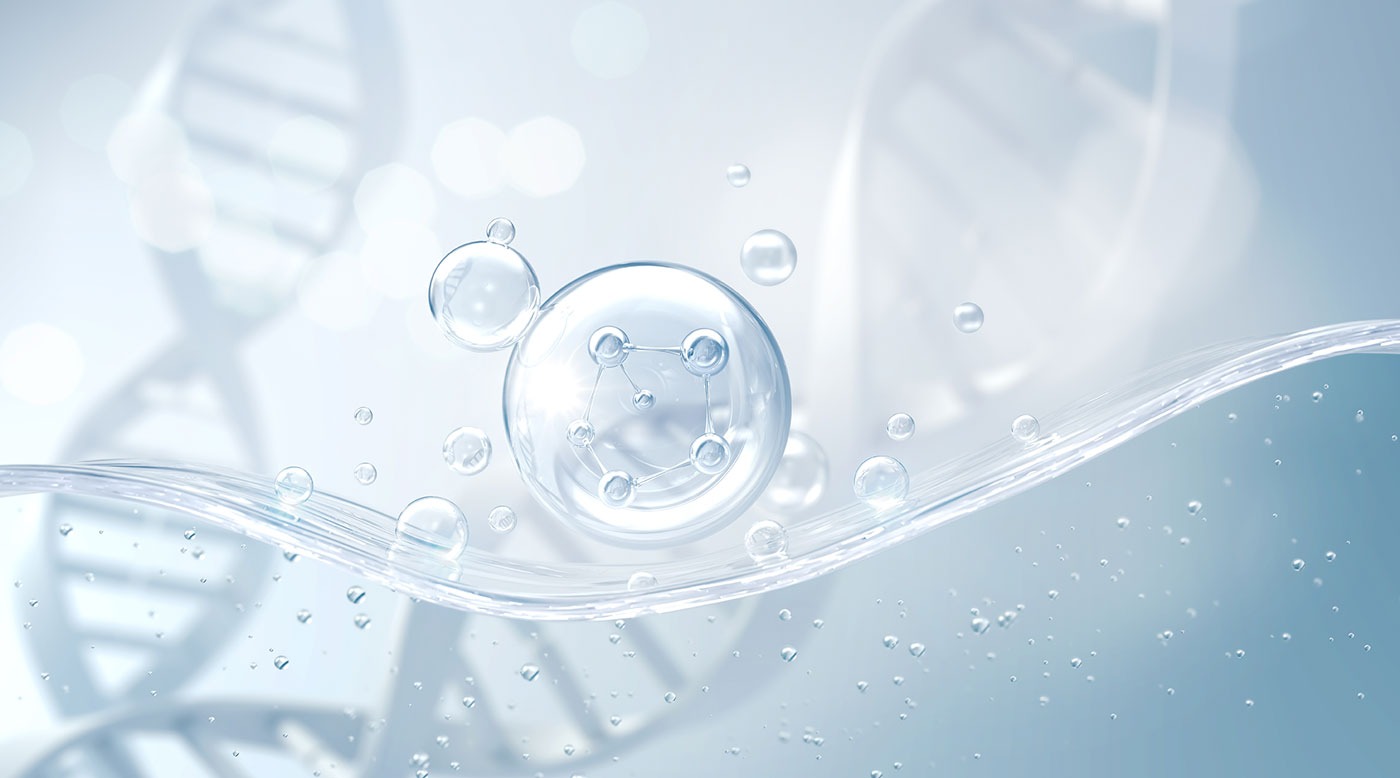If we want to maintain skin health and quality, we cannot ignore the role of collagen in our body. From the age of 25, the amount of collagen in our body begins to decrease. This very valuable protein, which we have seen frequently consumed as a supplement in recent years; not only for skin quality; It is also very important for joint and bone health. Considered as a strong barrier for the skin, collagen also promotes hair growth.
What is the Role of Collagen in Our Body?
This structural protein, which supports tendons, cartilage, bones and skin structure and is abundant in subcutaneous connective tissues, consists of amino acids. In other words, collagen; It is a fibrous protein network that supports body tissues and gives elasticity to the skin. Having a sufficient amount of collagen in the body; Having a solid bone structure means that the cardiovascular system or vital organs such as the kidneys are protected. At the same time, improved collagen level means more elastic and firm skin.
How Does the Aging Process Affect Collagen Levels?
As we age, the production of collagen in the body begins to decrease. The aging process of collagen; causes it to break down more and disperse less in the body. collagen; as a result of less production and less distribution in the body; signs of aging such as drying, loosening, streaking and wrinkling begin to be observed. In addition to collagen loss, there are other factors that trigger skin quality and rapid aging of the skin:
– Prolonged exposure to UV rays from the sun
-Air pollution
– Smoking addiction
– Unhealthy eating habits
Is It Possible to Prevent Collagen Loss?
It is possible to prevent the loss of collagen in the body indirectly, although not directly. With some changes in lifestyle, you can slow down the aging process and thus prevent natural collagen loss. Here are some tips to help prevent natural collagen loss:
1- Make room on your table for collagen-containing foods
-White meat
-Red meat
– Offal
– Flax seeds, Chia seeds
-Walnut
– Tropical fruits rich in Vitamin A and C such as orange, grapefruit, lemon, mango, pineapple
– Green leafy vegetables like kale and spinach
2- Use Collagen Supplement
In recent years, there has been a significant increase in the use of collagen supplements. Supplements should not be consumed unconsciously. In cases where the collagen level cannot be adequately supported by the foods taken, collagen supplementation may be considered. However, before you take a collagen supplement, you need to know which type of collagen supplement you need. In addition, you should examine the label of the product you buy very well and have information about its content.
3- Support Your Skin With Hyaluronic Acid
Just like collagen, hyaluronic acid is naturally found in our body and decreases with aging. Hyaluronic acid is present in high concentration in subcutaneous connective tissues. It decreases over time under the influence of aging and other external factors. With the decrease in the level of hyaluronic acid, the skin begins to lose its elasticity. Hyaluronic acid locks moisture in the skin and keeps the skin moist. Using hyaluronic acid-based skin care products or using dermal fillers can be an effective option to slow down the aging process of the skin.
4- Take Care of the Use of Sunscreen
Being exposed directly or indirectly to the harmful rays of the sun; It can lead to a decrease in moisture in the skin, loss of elasticity and permanent skin blemishes. The most effective option to protect the skin against UV rays is the regular use of sunscreen products. Sunscreen creams should not be neglected not only in summer but also in other seasons. With regular use, it can reduce the appearance of existing blemishes; you can create a strong protection shield against possible skin damage.

